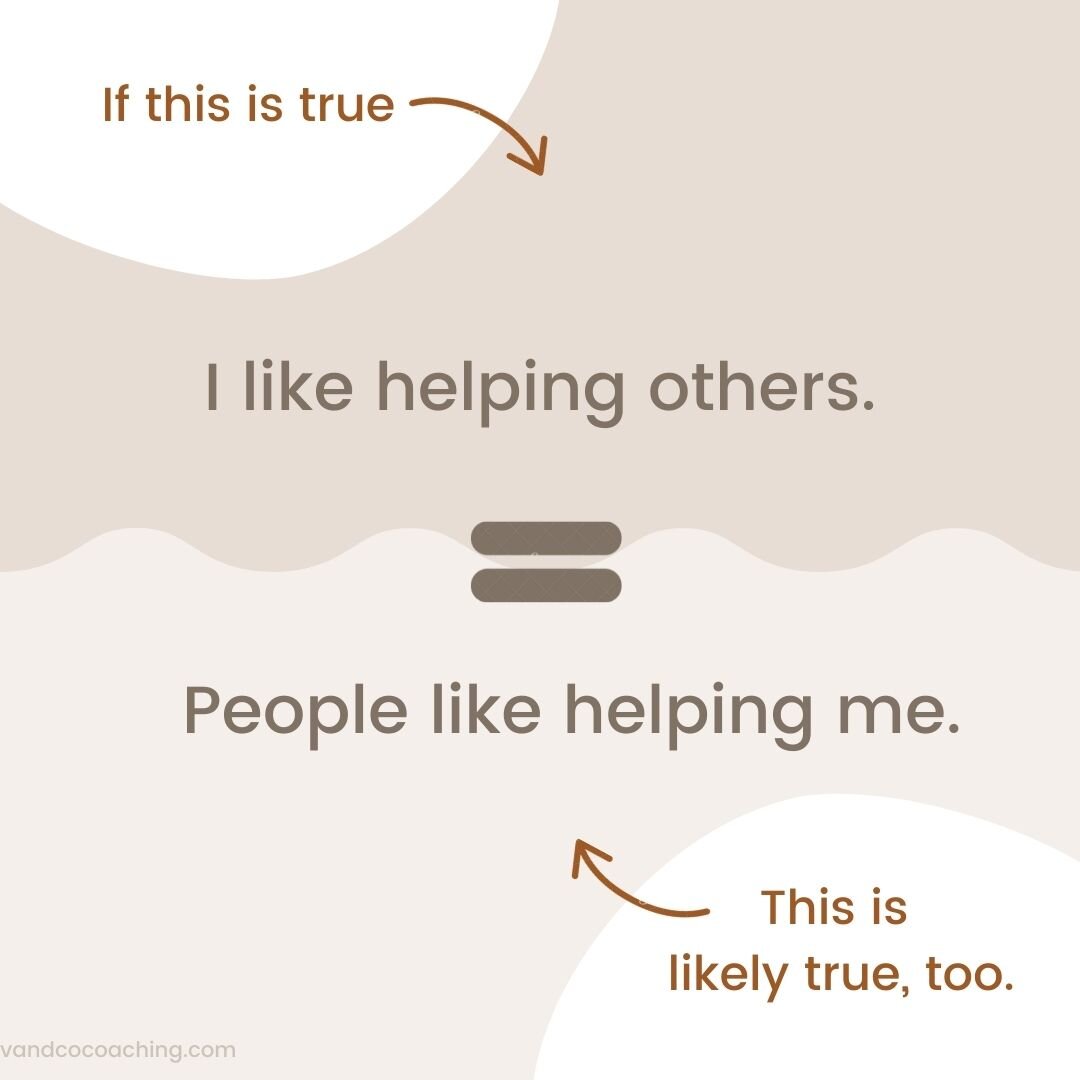When Your Boss Leads With Fear: Tools to Lead Yourself Anyway
Lo, who among us hath not toiled under the reign of a tyrant boss?
The tension, the second-guessing, the sense that one wrong move could precipitate your head on a platter. (Sorry. I’m apparently the last person on Earth to finally watch Game of Thrones.)
It’s hard to feel confident and thrive-y in that kind of environment, no matter how well you make ye ole sausage.
But here’s the good news: even if your boss leads with fear, you can lead yourself with confidence. In a recent women’s leadership group session, the cohort surfaced what I thought was an intriguing insight. Confidence and the emotional tone leaders set are closely linked; confidence and kindness go hand in hand. When you trust yourself, it’s easier to trust others. And when your team feels that trust, emotional steadiness, and psychological safety, they’re far more likely to rise, stretch, and succeed.
On the flip side? Confidence gets a lot harder to access when you're working in a fear-based environment. You can be smart, skilled, and experienced, and still question yourself if the tone around you is reactive, unclear, or unstable.
A few takeaways from the group:
💡 Confident leaders don’t need to be the loudest in the room. They trust what they have to say, and they’re open to being wrong. In fact, confident people are the most willing to own mistakes, because their self-worth isn’t tied up in being “right.”
💡 Arrogance and confidence aren’t the same thing. Arrogance says, “I’m right.” Confidence says, “I’ll do my best.”
💡 Good leaders care. They want others to succeed. And that caring isn’t weakness. It’s clarity about the culture they’re creating.
How to Lead Yourself When Leadership Falls Short
Even if your workplace doesn’t model confidence, courage, or care, you can lead yourself with all three.
Here are a few tools that help when you're navigating a toxic or reactive leadership style:
Talk to your inner circle. Get grounded in what’s true and what’s yours.
Double down on your self-trust. You do know.
Get an outside perspective. A little objectivity can go a long way.
Don’t take the bait. “Let them” is excellent advice.
Regift the feedback. Not all feedback is clean. If it’s reactive, shaming, or unclear, ask yourself: “Is this about me—or about how they’re handling their own stress?”
See the long arc of truth. Sometimes what feels like criticism is really just misdirected fear.
Confidence is a Leadership Skill—Even When You’re Not the Boss
You might not be able to smite the fear-based boss, nor part the seas of dysfunction with one mighty Slack message. But you can choose how you lead yourself and others. Whether or not you hold the title, you’re modeling leadership. And in doing so, you’re planting the seeds of a more humane and effective culture.
Lead thyself with steadiness. Lead others with care.
That’s real leadership.
When Culture Feels Off: Lead Yourself Anyway
If you are in a space where fear-based leadership is the norm, where the room feels tense and confidence is hard to muster, you’re not imagining it.
Even in cultures that run on control and reactivity, it is still possible to lead yourself with steadiness and clarity. You can choose how you respond. You can choose to trust your own voice. You can choose not to internalize someone else’s chaos.
And if it feels hard to do that on your own? That’s also normal. Sometimes the most powerful thing you can do is let yourself be supported while you find your footing again.
You don’t need permission to lead. You just need space to remember how!
Vanessa is an Executive and Leadership Coach and founder of V & CO Coaching, where she helps the overachieving and underfulfilled develop self-leadership skills so they can make their unique impact on the world.


































